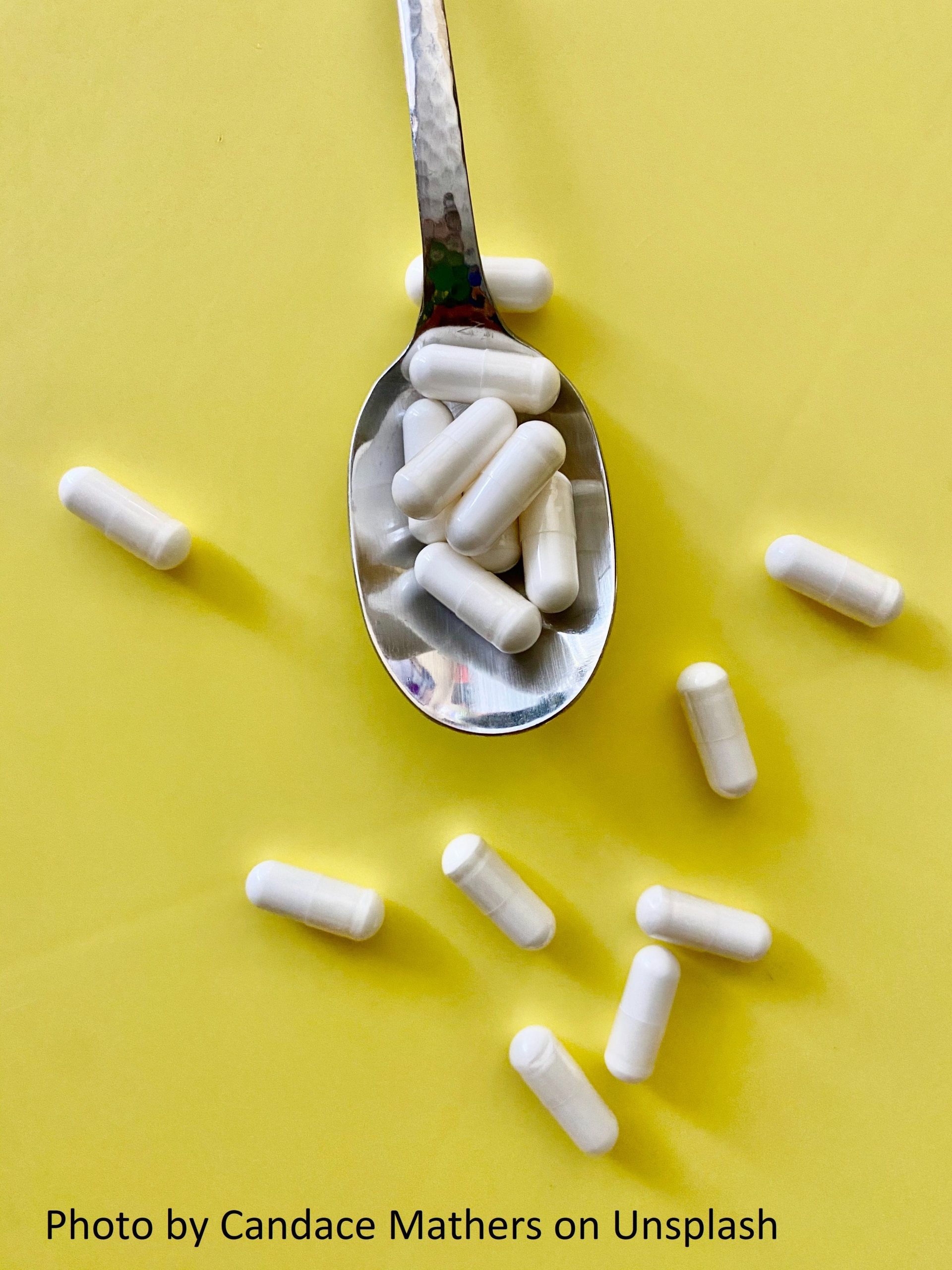Magnesium is an essential mineral found in the body. It is naturally present in many foods and it is also available as a dietary supplement.1 It serves as a cofactor in more than 300 enzymatic reactions, and it is therefore also critical to the cardiovascular system.1 The adult body contains approximately 24g of magnesium, with 50% to 60% present in bones with the rest being contained in soft tissues. Serum magnesium represents less than 1% of total body magnesium.2 In industrialised western countries, there is a low intake of magnesium.3 In recent studies of hospitalised patients, 42% were shown to be hypomagnesaemic.4 However, physicians request magnesium testing in only 7% of these patients.4 In a study conducted among patients in the intensive cardiac care unit, 53% of patients had mononuclear cell magnesium content below the lowest normal control.5
Clinically, serum magnesium is usually measured even though less than 1% of magnesium exists extracellularly; hence, serum magnesium does not always accurately reflect total body magnesium stores. In fact, serum magnesium levels may be normal despite depletion of total body magnesium content.5,6,7,8 Intracellular mononuclear magnesium content also correlates better with cardiac magnesium status.9,12
Magnesium plays diverse roles in the pathogenesis of cardiovascular diseases on the biochemical and cellular levels. First, magnesium activates adenosine triphosphatase (ATPase), which is essential for cell membrane functioning and is also the energy source of the Na+K+ pump.13 A decrease of the activity of the Na+K+ pump, leads to an increase in intracellular sodium 14,15 This change in membrane potential has been hypothesised as a potential mechanism for causing arrhythmias. Intracellular magnesium deficiency may also cause an increase in intracellular sodium and calcium, which predisposes to arterial vasospasm, increased catecholamine release, increased fatty acids and lipids, as well as intravascular hypercoagulability.13,16
Weglicki et al showed that during progression of magnesium deficiency, there is an increase in the serum levels of inflammatory cytokines interleukin-1, interluein-6 and tumour necrosis factor after 3 weeks of a magnesium-deficient diet.17 Magnesium deficiency also leads to an exaggerated response to immune stress and oxidative stress through activation of neuroendocrinological pathways.
Despite the importance of magnesium for the proper functioning of the cardiovascular system, surveys and studies have shown that dietary magnesium intake is often inadequate. Several factors are thought to be contributory, including the loss of magnesium during cancer chemotherapy.18
At Vitawell, we recommend a minimum intake of 1500 mg/day. Magnesium plays an important role in cardiovascular health. It is instrumental for the proper maintenance of cellular membrane potential, functioning of the mitochondria and plays a key role in the body's antioxidative pathways. As a result, magnesium deficiency has been implicated in multiple cardiovascular diseases such as hypertension, cardiomyopathy, cardiac arrhythmia, atherosclerosis, dyslipidaemia and diabetes. Unfortunately, the western diet is often low in magnesium due to the refining and processing of foods, and hypomagnesaemia is often underdiagnosed in hospitalised patients.
References
1.National Institutes of Health. Magnesium. https://ods.od.nih.gov/FactSheets/magnesium/.
2.Volpe SL Magnesium. In: Erdman JW , Macdonald IA , Zeisel SH , eds. Present knowledge in nutrition. 10th ed. Ames, Iowa: John Wiley & Sons, 2012:45974.
3.Maier JA , Rock E , et al. Magnesium and the inflammatory response: potential physiopathological implications. Arch Biochem Biophys 2007;458:4856.
4.Frequency of hypomagnesemia and hypermagnesemia. Requested vs routine. JAMA 1990;263:30634.
5.Rude RK Low blood mononuclear cell magnesium in intensive cardiac care unit patients. Am Heart J 1986;111:47580.
6.Elin RJ Assessment of magnesium status. Magnes Res 2010;23:1948.
7.Singer FR , et al Parenteral magnesium tolerance testing in the evaluation of magnesium deficiency. Magnesium 1985;4:13747.
8.DiNicolantonio JJ , O'Keefe JH., Wilson W Subclinical magnesium deficiency: a principal driver of cardiovascular disease and a public health crisis . Open Heart 2018;5.
9.Reinhart RA Magnesium metabolism. A review with special reference to the relationship between intracellular content and serum levels. Arch Intern Med 1988; 148:241520.
10.Ryan MF., Ryan MP Lymphocyte electrolyte alterations during magnesium deficiency in the rat. Irish J Med Sci 1979;148:pp1089.
11. Elin RJ Status of the determination of magnesium in mononuclear blood cells in humans. Magnesium 1988;7:19883005.
12.Lim P., Jacob E. Magnesium deficiency in patients on long-term diuretic therapy for heart failure. Br Med J 1972;3:6202.
13.Purvis JR., Movahed A. Magnesium disorders and cardiovascular diseases. Clin Cardiol 1992;15:55668.
14.Fischer PW., Giroux A . Effects of dietary magnesium on sodium-potassium pump action in the heart of rats. J Nutr 1987;117:20915.
15. Madden JA., Willems WJ., Smith GA , et al Sodium kinetics and membrane potential in aorta of magnesium-deficient rats. Magnesium 1984;3:7380.
16. Sheehan JP., Seelig MS Interactions of magnesium and potassium in the pathogenesis of cardiovascular disease. Magnesium 1984;3:30114.
17. Weglicki WB., Phillips TM. Pathobiology of magnesium deficiency: a cytokine/neurogenic inflammation hypothesis. Am J Physiol 1992;263:R734R737.
18. Marier JR . Magnesium content of the food supply in the modern-day world. Magnesium 1986;5:18.

